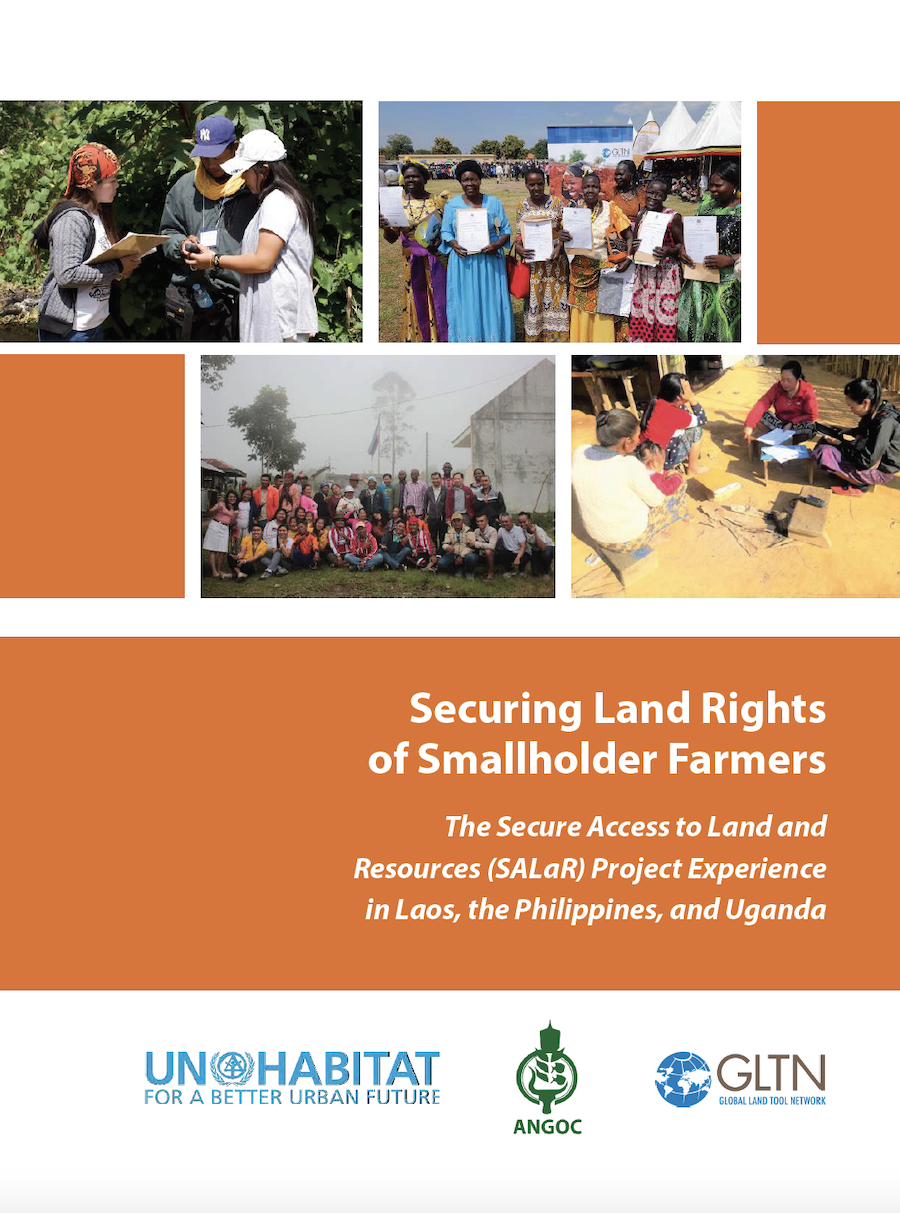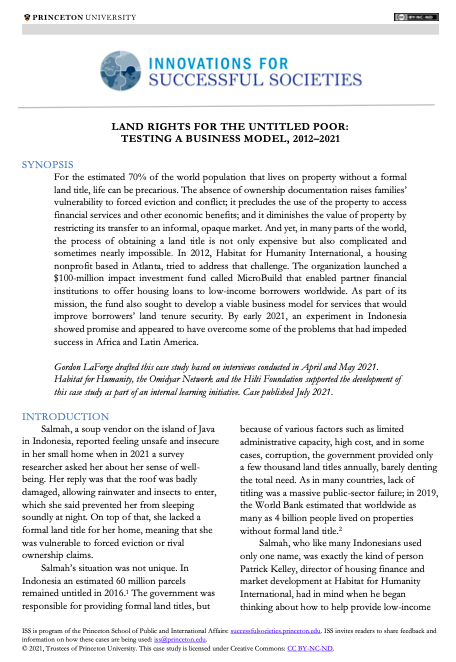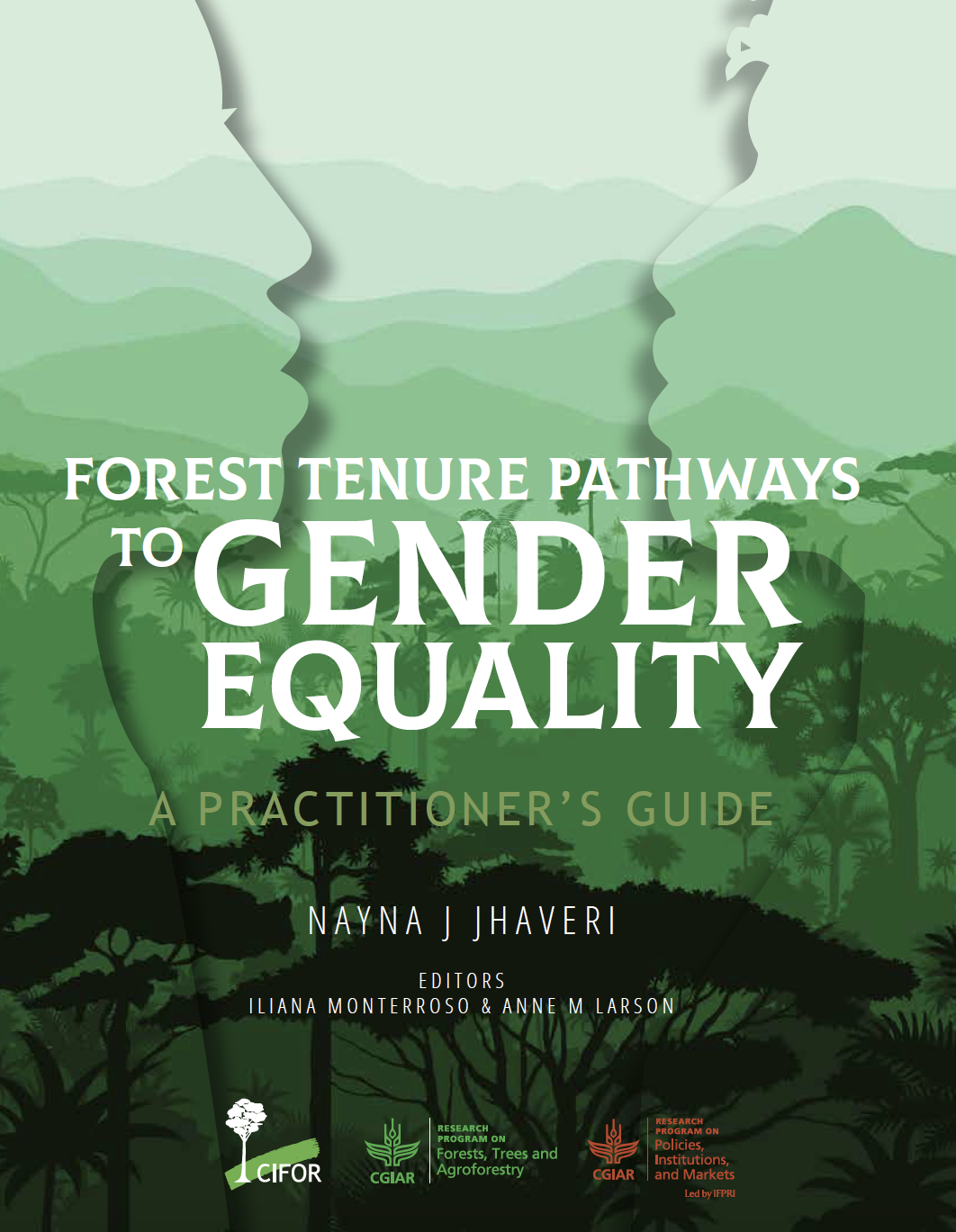Deconstructing Gender Conjectures In Southeast Nigeria: Building The Africa We Want And Women Access To Land
In many African societies, there are various forms and levels of cultural gender infringement of human rights and property denials. Over the years, these violations become well-established through cultural gender conjectures. Perhaps, nowhere in Nigeria is this property rights violation more pronounced and evident than in the Igboland, the south-eastern part of the country. Conjectures such as women do not own land (nwanyi adighi enwe ala), another man’s compound (ama onye ozo) amongst others depict the social classification of women in southeastern communities.








